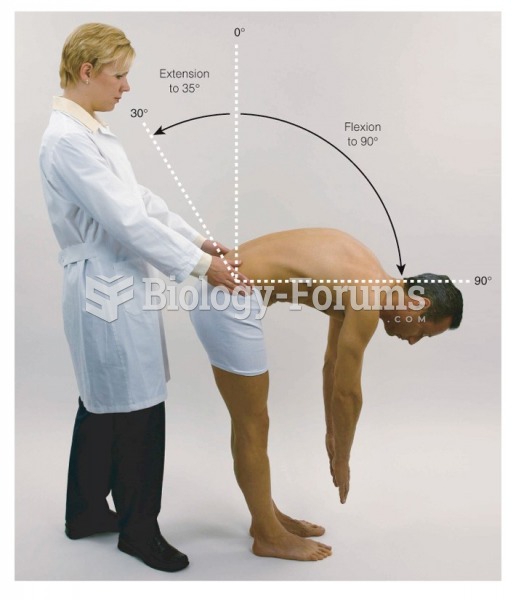|
|
|
Did you know?
Vaccines cause herd immunity. If the majority of people in a community have been vaccinated against a disease, an unvaccinated person is less likely to get the disease since others are less likely to become sick from it and spread the disease.
Did you know?
There are approximately 3 million unintended pregnancies in the United States each year.
Did you know?
Although puberty usually occurs in the early teenage years, the world's youngest parents were two Chinese children who had their first baby when they were 8 and 9 years of age.
Did you know?
A seasonal flu vaccine is the best way to reduce the chances you will get seasonal influenza and spread it to others.
Did you know?
Cytomegalovirus affects nearly the same amount of newborns every year as Down syndrome.
 Photograph taken during a laparoscopic procedure. The fundus of the uterus is visible below the prob
Photograph taken during a laparoscopic procedure. The fundus of the uterus is visible below the prob
 During World War I, advancing armies unloosed ferocious artillery barrages to destroy deeply entrenc
During World War I, advancing armies unloosed ferocious artillery barrages to destroy deeply entrenc





